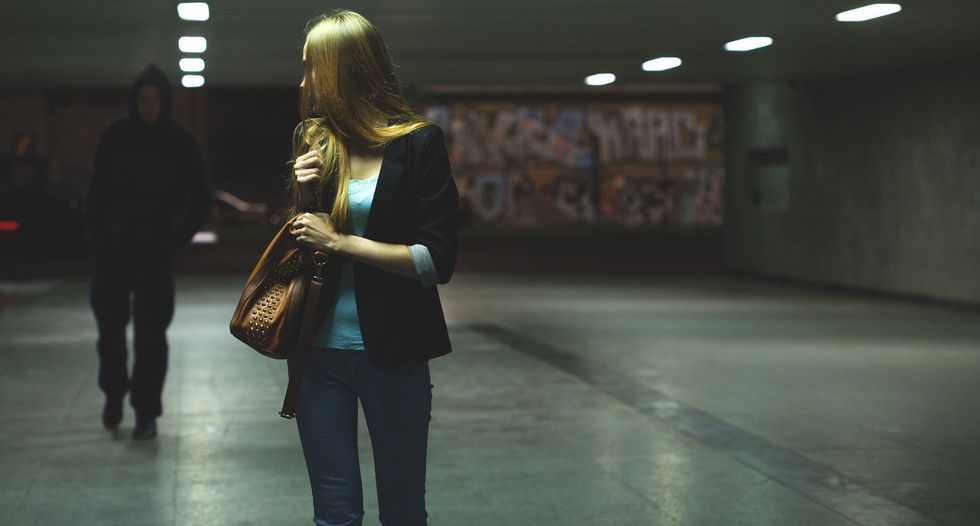At eighteen years old, I’m barely an adult. I’ve looked more or less the same for the past few years, but it’s obvious in my height and facial features that I’m young. Despite this, however, I’ve been objectified and sexualized multiple times – catcalled as I’m walking through campus, dress coded for a rip in my jeans, and so on. The worst part about this is that it’s not just me. I know of so many incidents, either from friends or from stories online, that detail the sad reality that females have to face.
Tina Fey’s autobiography Bossypants recalls a workshop she went to which was focused on self-esteem in women. The women attending the workshop were asked to write down the moment they first “knew they were a woman”, meaning “When did you first feel like a grown woman and not a girl?” In the group of about 200 women, with racial and economic diversity, their answers shared a similar topic.
“Almost everyone first realized they were becoming a grown woman when some dude did something nasty to them. ‘I was walking home from ballet and a guy in a car yelled, 'Lick me!'’ ‘I was babysitting my younger cousins when a guy drove by and yelled, 'Nice ass'.’ There were pretty much zero examples like ‘I first knew I was a woman when my mother and father took me out to dinner to celebrate my success on the debate team.’”
As gross and uncomfortable as that is, it’s all too real for girls everywhere. From Halloween costumes to dress codes, children are bombarded with messages almost daily that slowly wear down their self-confidence. The rise of technology and social media, especially in young kids, heavily contributes to this as well. When I was in middle school, the coolest gadget to have was a 4th generation iPod Touch.
Now, my 12-year-old sister’s friends have iPhone 7’s and hundreds of Instagram followers. With middle school kids having access to all kinds of social media, the types of popular “comedy” videos that go viral on Instagram and YouTube can expose kids to harmful and offensive stereotypes that they may not see the harm in. (There are some videos that go further into detail about “pepper-spray comedy” that can be found here, here, and here.)
I understand that there are problems around the world that go much deeper than this. However, I see this as a kind of slippery slope; sexualization leads to objectification, objectification leads to low self-esteem or something even worse. Child brides are a very real problem in many African and Middle Eastern countries.
Additionally, child beauty pageants are hotbeds for predators, not to mention the fact girls as young as 2 and 3 years old are dressed up to look older and more promiscuous. While young boys can be sexualized (an example being 27-year-old model Ali Michael telling 14-year-old Finn Wolfhard to “hit her up in four years), and that is an important issue, it is universally recognized that girls are seen as sexual beings as CHILDREN.
So what can be done? For starters, let’s treat children like children. Don’t poke fun at the little girl for being “in love” with her best friend who just so happens to be a guy. Stop saying that “it’s gonna be hard to keep the boys away when she’s older!” in regard to an INFANT GIRL. Make your voice heard and bring awareness. If you see something, say something. It’s not that hard to be a decent person. Young girls aren’t here to be ogled at. Let them live their lives.
















